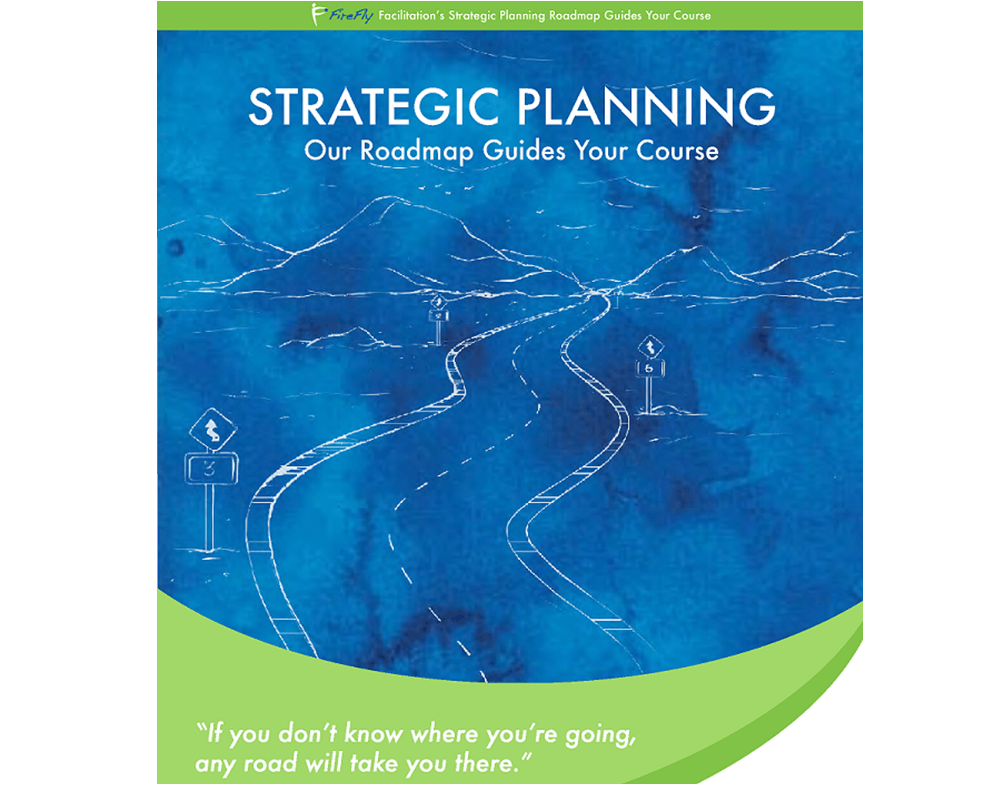Accountability Cont’d: Team Responsibility
How would you score the accountability level of your team?
In prior posts, we’ve been discussing accountability, and how it can greatly improve a team’s overall effectiveness. Now we’ll talk more about how to make fixing problems the responsibility of the entire team. We’ll also offer some questions to help you determine your team’s level of accountability --- and tips for brainstorming solutions to any challenges you discover.
In addition to holding themselves accountable for improving decisions and their execution, teams should also hold themselves accountable for improving their overall meeting effectiveness. This can be as simple as conducting a five-minute plus/delta evaluation —what worked well in this meeting versus what can be improved upon for the next one. Pick a few of the most critical items to work on for the next meeting. These will be the ones for which people feel a little bit of improvement will have the greatest impact.
You can conduct a more formal assessment in which you track changes over a period of time (if your team is really into data). Doing this in real time gives everyone a chance to offer suggestions for how to improve the next time; therefore it is not just the team leader’s responsibility to fix it, it is everyone’s.
So, how would you describe the accountability level for your team? How successful are your team members at upholding their commitments? Do individuals realize and own up to how they may be contributing to the problem? I recommend that as the leader, you share with the team the significance of holding oneself and each other accountable.
Assure them that you've established a safe environment in which everyone can comfortably share their honest opinions on this subject, and be sure to stay true to your word. Then, conduct this accountability assessment: ask team members to write down where they would rank their team on accountability—Above Average, Average, or Below Average— and why.
Go around the table and ask each person to share what they wrote down. Be sure to reveal your own thoughts last, so as not to influence others’ responses. If you.re not sure if people will be truly candid, then give them a three-by-five card and a black pen and ask them to submit their evaluation and comments that way.
Once you’ve had a chance to analyze their responses, try to pinpoint some common themes for why the team received the rating it did . If it was low, explore the barriers and challenges— both personally and organizationally— which keep us from being models of personal responsibility and hinder our ability to hold our team accountable for our actions.
Use the information you’ve gleaned to decide on the top three areas where you want to make improvements , and conduct a brainstorming session for how to improve in each area . Reach consensus on what you will actually do, and specifically assign tasks for each team member to carry out over the next 30 days to improve accountability. And while you.re at it, determine how the team will hold itself accountable for actually completing these chosen assignments and course correct as needed.
So there you have it: a framework and process for driving accountability at all levels—personal, leader, and team. What do you think are the positive outcomes of greater accountability in all of these areas?
Perhaps the most rewarding is a sense of direction and empowerment—no more victim mentality or feeling that we are controlled by the external circumstances and actions of the outside world. Everyone is called to step up to the plate and perform at a higher level.
There is a renewed sense of collaboration and commitment to keeping your word to your teammates, and the leader reinforces this behavior at every opportunity. The team’s standards are high, and everyone knows what it takes to be a true contributor to the team’s success.
The words you say are not nearly as important as the actions you take. Your team becomes a role model for what a high standard of accountability looks like, and takes advantage of the tremendously powerful impact this can have on business relationships… and results.






